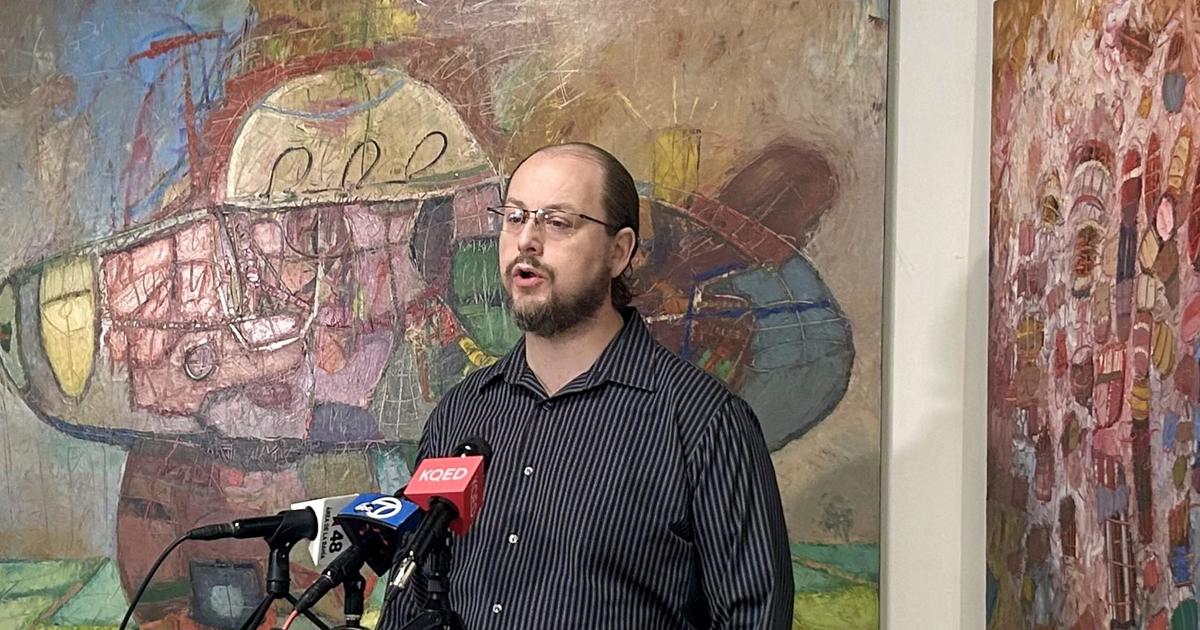The Church of Ambrosia, the world’s largest psychedelic church, is facing closure in San Francisco. The church, which provides cannabis, mushrooms, and DMT as sacraments to its roughly 120,000 members, is citing harassment from the city’s planning department and religious discrimination as reasons for its impending shutdown.
Located in a gray building on Howard Street in the SOMA district, the Church of Ambrosia is not your typical place of worship. Pastor Dave Hodges, the leader of the church, describes it as an “entheogenic church” that aims to provide access to the soul through psychedelic sacraments. He believes that these tools allow members to access their true selves and find answers to life’s questions.
Despite the spiritual mission of the Church of Ambrosia, Pastor Hodges has announced the closure of the San Francisco location due to conflicts with the city’s planning department. The department requested structural fixes, including replacing a sliding glass door on the second floor and boards on the windows for security purposes on the ground level. Pastor Hodges claims that the cost of these modifications would be prohibitive and that even if they were completed, the department might find additional issues.
In response to Pastor Hodges’ claims, the Planning Department disputes them, stating that the property has three open code violations related to electrical and plumbing issues. They also allege that alterations were made to the building without proper permits, despite the department’s approval. Planning Department Chief of Staff Dan Sider emphasized that they have been working with the Church of Ambrosia for the past six months to legalize their occupancy and that no structural work is required. He expressed surprise at the church’s announcement of closure and mentioned that they are currently reviewing architectural plans submitted by the church.
The Church of Ambrosia has set December 28 as the last day of operation for the San Francisco location, but they hope to return to the city in the future. The Oakland location will remain open for members to continue their spiritual practices.
The closure of the Church of Ambrosia raises questions about the intersection of religious freedom, drug policy, and city regulations. Psychedelic substances like cannabis, mushrooms, and DMT have long been associated with spiritual and shamanic practices in various cultures around the world. However, their use in a contemporary religious context has sparked legal and ethical debates.
Some argue that individuals should have the right to access psychedelic sacraments for spiritual purposes, as long as it does not harm others. They view these substances as tools for personal growth, self-discovery, and healing. Others raise concerns about the potential risks and dangers of using psychedelics, especially in a religious setting where oversight and regulation may be lacking.
The Church of Ambrosia’s closure highlights the challenges faced by organizations that seek to integrate psychedelic practices into mainstream religious institutions. While some jurisdictions have decriminalized or legalized certain psychedelics for medical or therapeutic purposes, the use of these substances in a religious context remains contentious.
In recent years, there has been a growing interest in the therapeutic potential of psychedelics for treating mental health conditions like depression, anxiety, and PTSD. Clinical studies have shown promising results in using psychedelics in controlled settings with trained therapists. However, the use of psychedelics in a religious setting presents unique challenges and considerations.
The Church of Ambrosia’s closure also sheds light on the issue of religious discrimination and stigmatization. Psychedelic churches like the Church of Ambrosia face scrutiny and opposition from authorities and the public due to the controversial nature of their practices. Some argue that these churches should be protected under laws that safeguard religious freedom and expression.
As the Church of Ambrosia prepares to close its doors in San Francisco, its members and supporters are left wondering about the future of psychedelic spirituality in the city. Will other psychedelic churches face similar challenges? How can religious organizations that use psychedelics navigate legal and regulatory obstacles? These are important questions that require thoughtful consideration and dialogue.
In the meantime, the Church of Ambrosia remains committed to its mission of providing spiritual guidance and healing through psychedelic sacraments. While the San Francisco location may be closing, the church’s presence in Oakland serves as a reminder of the enduring legacy of psychedelic spirituality in the modern world. Members and supporters of the Church of Ambrosia continue to advocate for the recognition and acceptance of their religious beliefs and practices, despite facing obstacles and opposition.









